What To Do If You Use The Wrong Pronouns or Someone’s Deadname
We’ve all put our foot in our mouths before. We’ve stepped in it – Big. We’ve hurt people we love. We have all stepped on someone’s foot at the grocery store, made an insensitive comment or joke we wished we could take back, we’ve all forgotten someone’s name we absolutely should know and chances are, we’ve all misgendered someone. Even me – A real life transgender person. And we’ve all had at least some of these things happen to us. Because humaning, am I right!?!
So what makes these regular interactions go from a simple bump to an awkward and even painful interaction? In my experience, it’s not the words themselves that cause the most harm, those are just simple mistakes, it’s the words that follow - the explanation for the harm, rather than a simple, “I’m sorry” and moving on.
What It Can Feel Like to be Misgendered or Deadnamed
I like to use the analogy of stepping on someones foot. Yes, it hurts. And yes, you should apologize, but it would be weird and uncomfortable for everyone involved if after you stepped on my foot you panicked and told me all about how much you love feet, how you would never want to hurt someone's foot or how you’re usually really aware of where you step, and never do this sort of thing. You totally respect my foot and my personal space. Right?
It would be even worse if after I said, “ouch, please don’t step on my foot” you got mad at me, because you’re doing the best you can. Or that it’s really hard to remember my feet are there.
And you’d probably understand if you, and the rest of the world stepped on my foot again and again that it would go from an annoying little pain, to a bruised and tender area to be protected. That it could be so battered and broken that I might need to remove myself from your clumsy feet for my own protection.
Misgendering or Deadnaming someone is actually quite similar. Although you can’t see our bruised and broken hearts every time you metaphorically step on them with your words, they are there so be tender with them.
What you should say after misgendering someone:
“I’m sorry, she” … continues with the rest of the sentence
“I’m sorry, they” … continues with the rest of the sentence
“I’m sorry, he” … continues with the rest of the sentence
What you shouldn’t say after misgendering someone:
“you know what I meant” – dismissive and invalidating
“It’s just hard to remember” – infers that I am not worth doing hard things for. What other hard things have you done? Learn another language? A new skill or hobby? I bet you can do this too.
“I’m trying” – tells me, I should be happy that you’re trying at all.
“I support trans rights” - great because trans rights are human rights not something you get rewarded for supporting.
“My random family member/friend is trans” - this does not change that you stepped on my toe. This does not make you immune to toe stepping.
Why Using The Right Pronouns and Name Matter for Transgender folks
Just like you stepping on my foot doesn’t make you a bad person, neither does misgendering me. However, what you do and say afterwards can leave a lasting impact on how I feel about myself and how safe I am around you going forward.
As a transgender person it’s become my job to keep myself, and others safe in a world that often doesn’t make space for transgender people. It’s my job to make sure I have every opportunity to thrive, which sometimes means not letting someone step on my foot, or misgender me anymore– even when I love that person.
How To Get Better With Pronouns
Now that we know we’re all going to mess up from time to time, and what to do about it when we do, how do we get better?
Like with everything PRACTICE, PRACTICE, PRACTICE.
The most common excuse I got from people when they used to misgender or misname me was that they had ___ number of years knowing me one way, they needed time to remember and shift… but it wasn’t time they needed, they needed practice. They needed to correct others, and permission to be corrected. They needed to practice using my name, and my pronouns in regular conversations, out for coffee, in the kitchen and on the phone. And most importantly they needed to do it without the pressure of me being there watching them screw up when they did.
What If I Feel Uncomfortable Correcting Someone When They Use The Wrong Pronouns
Correcting someone around pronouns can absolutely be uncomfortable for cisgender and transgender forlks alike. If you think it’s uncomfortable to correct someone, imagine how uncomfortable it is to be the one misgendered. Imagine how painful it is to have people you love stand by and say nothing as someone steps on your foot again and again. Imagine how much it hurts when those same people tell you not to be so sensitive.
I understand that doing something differently is hard, but If you’ve ever taken up a new hobby, or a new language or an instrument or learned anything, anything at all really, you are capable of putting in the effort of getting the words someone uses to tell you who they are right.
The real question is do you want to?



